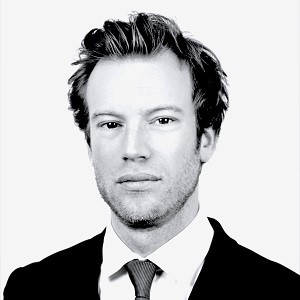All Eyez on PMAC: Can Alternative Justice Be More Than a Dream?
A New Kind of Justice? In the often adversarial landscape of European patent litigation, the Unified Patent Court (UPC) has introduced a lesser-known, but potentially transformative institution: the Patent Mediation and Arbitration Centre (PMAC). Split between Lisbon and Ljubljana, the PMAC quietly proposes an alternative vision for dispute resolution—one that trades force for dialogue, and…

